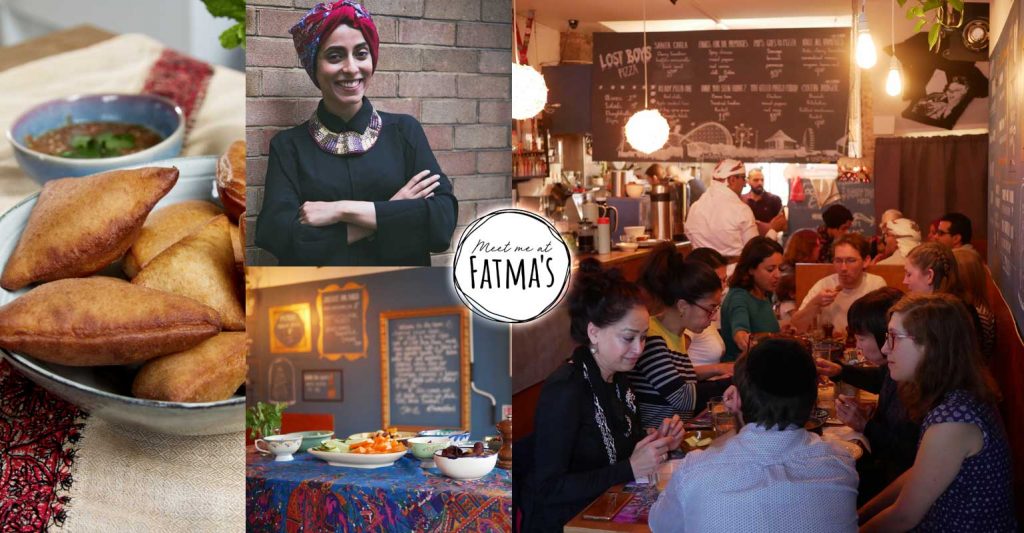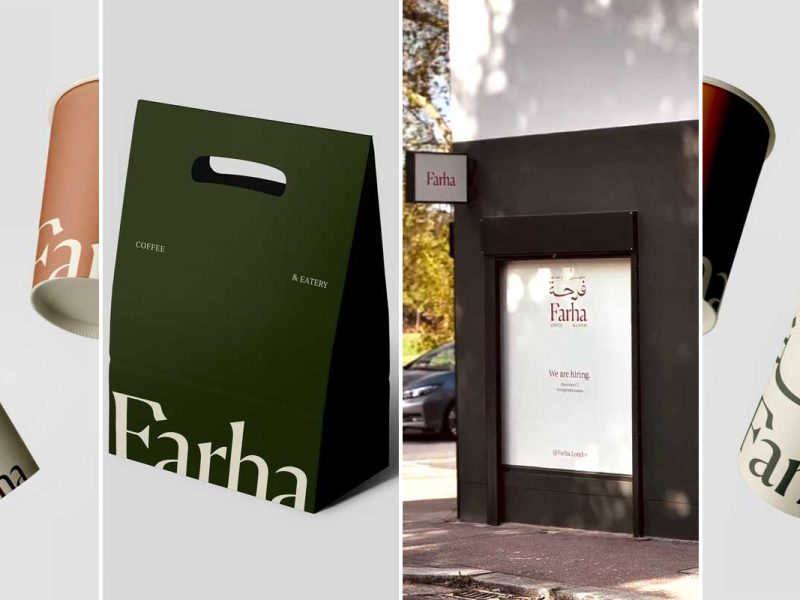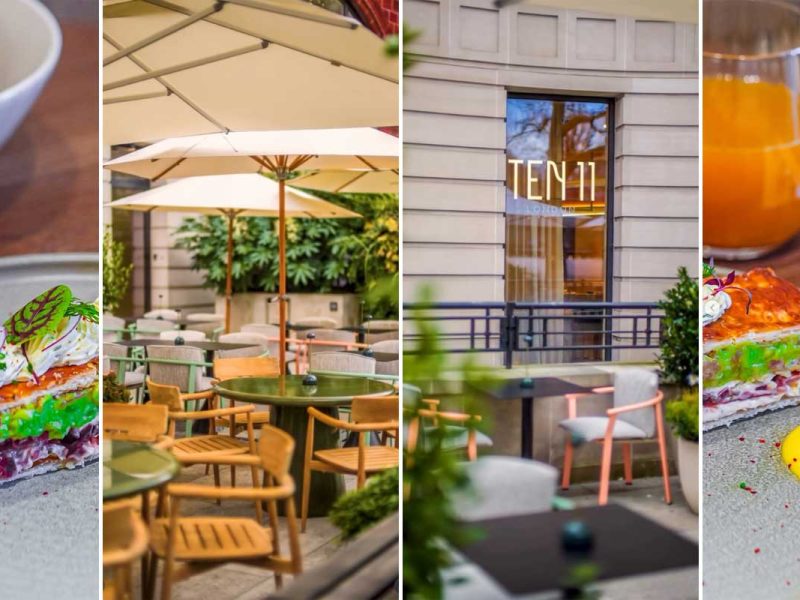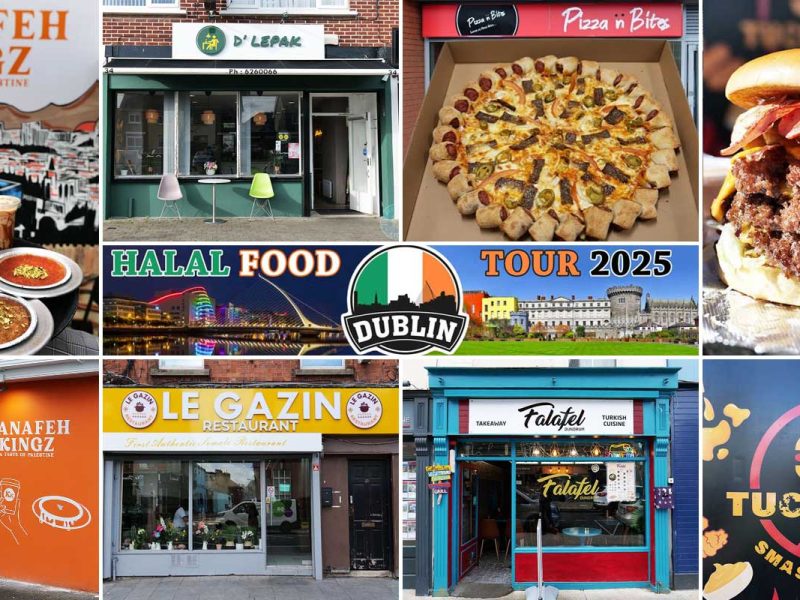Meet me at Fatma’s – London’s first Yemeni pop-up
My desire is to introduce Yemen’s cuisine and its beautiful culture to curious Londoners at a time when all they hear about is its unfortunate war.
Meet Fatma al-Baiti, a woman who may hold the distinction of being the first to host London’s inaugral Yemeni pop-up back in November.
As a passionate foodie and blogger, Fatma says she’s keen “to introduce you to the culture and cuisine of my home country” of Yemen.
To this end, she recently hosted her first pop-up at Lost Boys Pizza in Archway, London, where she served a two course brunch of “authentic Yemeni dishes” along with Yemeni spiced tea.
And the good news is that she’s doing it all over again on the 24th of this month at the same location.
With Yemeni food so under-represented across the UK, we caught up with Fatma to find out a little more about her and the cuisine she’s so proudly representing.
FtL: You had your first Yemeni pop-up in London last November. What motivated you to do a popup?
My desire is to introduce Yemen’s cuisine and its beautiful culture to curious Londoners at a time when all they hear about is its unfortunate war.
FtL: If someone wanted to plan a pop-up, what advice would you give them?
Keep your menu simple; do your numbers; find a suitable venue. Everything else will fall into place after that.
FtL: Your first pop-up was a brunch. How was the response and what was on the menu?
The response was extremely positive. The tickets sold out faster than expected. The attendees were presented with a two course meal. The appetisers consisted of finely sliced vegetables paired with two types of freshly made Yemeni chutneys. The main combined two authentic Yemeni dishes that come from opposite regions of Yemen: Khameer – a light and airy Yemeni “dough-not” with a hint of spice and sweetness, which was paired with Ful – my homemade fava-bean curry cooked and served traditionally. Besides the meal, everyone enjoyed sharing their table with others and meeting new people.
Every Yemeni dish has a story of trade and migration to tell. The way dishes are made, such as their cooking in hot stone bowls, and the use of different spice combinations, is where Yemenis offer uniqueness.
FtL: Yemeni restaurants are a rarity in London, and Yemeni cuisine isn’t very well known. Why do you think this is?
In my opinion, having one or two Yemeni restaurants in a big city like London is not enough for it to be well known. From personal observation, existing Yemeni restaurants focus on attracting customers that are mostly of Middle Eastern backgrounds and customers who are already familiar with the country or its cuisine. If you’ve never heard of Yemen or met anyone from there, there’s a high chance you won’t be interested in exploring its cuisine.
FtL: In what way does Yemeni cuisine differ from the cuisine of other countries in and around the Arabian Peninsula?
Every country has something unique to offer and so does Yemen. Although there are some similarities to the cuisines of neighbouring countries, every Yemeni dish has a story of trade and migration to tell. The way dishes are made, such as their cooking in hot stone bowls, and the use of different spice combinations, is where Yemenis offer uniqueness.
FtL: What types of food best represent your cuisine?
The cuisine represents the fusion of Indian, Turkish and East African cooking. Yemeni food is very diverse depending on the region; but I would say that the foundations are rice, curries and bread.
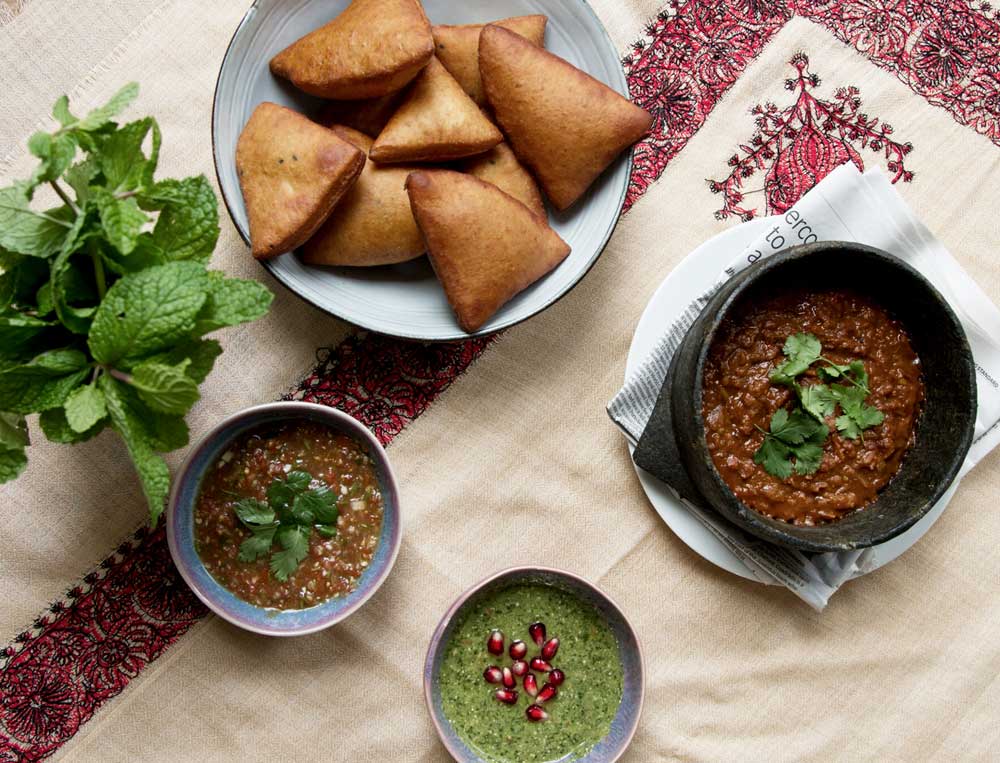
Khameer or Bakhamri – a light and airy bread that’s a popular street food in Hadhramout, South Yemen.
FtL: If you could recommend three dishes you believe could win over a person trying Yemeni food for the first time, what would they be and why?
Khameer or Bakhamri (which I serve at my pop-up) – It’s a light and airy bread that has a hint of spice and sweetness. Khameer is a popular street food in Hadhramout, South Yemen, and can be very addictive. One is never enough.
Fahsa – A Yemeni lamb stew cooked and served in a Haradha (stone bowl) with a layer of whipped fenugreek. It’s a popular lunch time staple in Sana’a and it’s consumed with freshly baked flatbread.
Zurbiyan – A popular Yemeni biryani from Aden. It’s one the best spiced rice dishes, cooked with tender lamb and potatoes, that one could ever have.
Honey and Co – one of my favourite restaurants in the city where they present Middle Eastern in a simple yet creative way.
FtL: What’s your favourite Yemeni restaurant, or one that offers Yemeni cuisine, in both London and elsewhere in the UK?
I haven’t explored all Yemeni restaurants in the UK, but I’ve heard of a few good ones in Sheffield and Manchester. I’ll review them on my Instagram account as soon as I try them.
FtL: If you had the chance of collaborating with any given chef, who would that be and why?
I’m going to go wild and say Christina Tosi. Her concept is always about sticking to your roots yet coming up with something unconventional. That’s the concept I was inspired by when I started Meet Me At Fatma’s. I would also love to collaborate with London-based chefs Sarit Packer and Itamar Srulovich of Honey and Co; one of my favourite restaurants in the city where they present Middle Eastern in a simple yet creative way.
FtL: What’s your culinary ambitions for the near future? Any plans of using pop-ups as a springboard towards opening a permanent location?
Pop-ups are definitely my springboard to opening a Yemeni restaurant that combines both authenticity and my own take on the cuisine.


